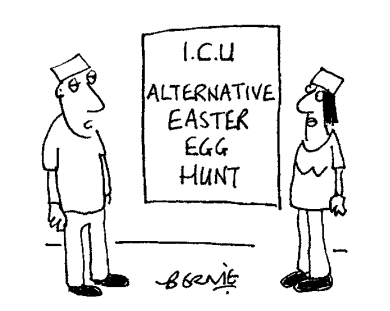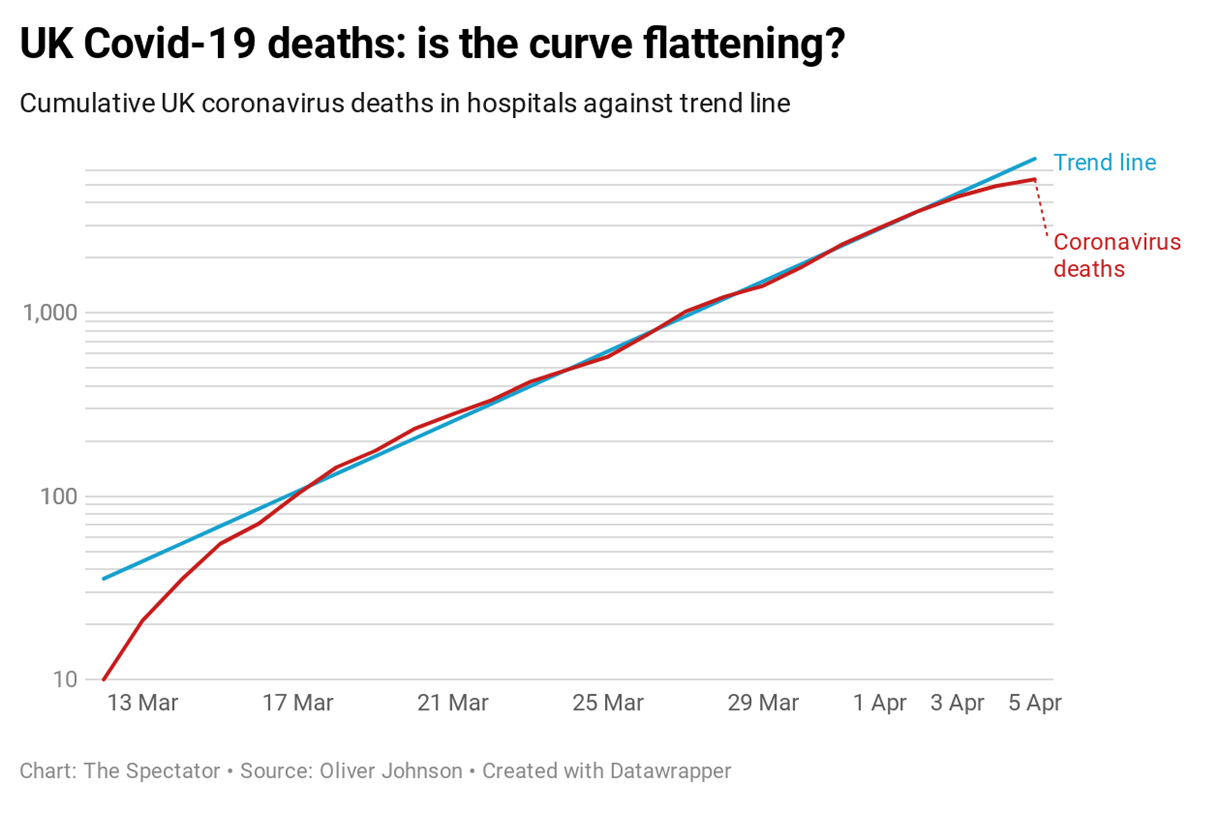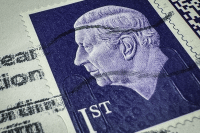The Spectator brings you the latest insight, news and research from the front line. Sign up here to receive this briefing daily by email, and stay abreast of developments both at home and abroad:
News and analysis
- Boris Johnson spent a second night in intensive care overseen by the ‘most knowledgeable respiratory specialist in the country’.
- The EU’s top science adviser has resigned over a disagreement with Brussels leaders over Covid-19 strategy.
- Meanwhile, talks between EU finance ministers over a €1.5 trillion bailout package for the southern member states have stalled after a marathon 16-hour discussion.
- Donald Trump has threatened to suspend funding for the WHO in protest at its handling of the crisis, while claiming that UK officials have asked the US for 200 ‘desperately needed’ ventilators.
- Cambridge University has launched its own coronavirus testing facility, which aims to reach 30,000 tests a day by the beginning of May.
- NHS Nightingale, which holds 4,000 hospital beds, has admitted its first patients.
Coronavirus costs skyrocket
Britain is in the midst of two crises: public health and economic. Rishi Sunak could only guess at the likely cost his unprecedented ‘Job Retention Scheme’: it emerges today that it could be three times higher than initial estimates. An analysis from the Resolution Foundation and British Chambers of Commerce finds that the scheme, which allows firms to be reimbursed by the government for up to 80 per cent of their employees’ salaries, will be used by 50 per cent of all UK employers, rather than the 10 per cent take-up rate the Treasury expected. The three-month cost would be £40 billion. The Chancellor has said his government would do ‘whatever it takes’ to support businesses and workers through this time. That will include covering these colossal costs, but the pathway to financial recovery is looking steeper by the day.
In words
I have been extremely disappointed by the European response to Covid-19. I arrived at the [European Research Council] a fervent supporter of the EU [but] the Covid-19 crisis completely changed my views, though the ideals of international collaboration I continue to support with enthusiasm.
– The EU’s top science chief Mauro Ferrari explains to the FT why he’s resigned his post.

‘If you find any PPE you get to keep it.’

Boris Johnson remains in intensive care, but not on a ventilator. Dominic Raab is understandably keen to stress that his job is to carry out inherited plans. But the policy question preoccupying ministers is: what is the exit strategy from the lockdown restrictions? In No. 10, they worry that talking about an exit strategy risks making people less likely to respect lockdown rules. But businesses and individuals need a rough guide. In my political column this week, I detail the debates in government about how long the lockdown should last, the frustrations about the government’s lack of data on the spread of the disease and whether other European countries successfully exiting their lockdowns could lead to public opinion here demanding an easing of the restrictions.

Japan has announced a state of emergency but it’s business as usual in Tokyo today as the government does not have the authority to enforce a European-style lockdown.
Global news
- China has lifted its 76-day lockdown over Wuhan. The government says the city has only had three new infections in the last three weeks.
- Iranian President Hassan Rouhani has asked the IMF for $5 billion in emergency funding to combat Covid-19. The country has 62,589 confirmed cases and 3,872 deaths.
- The European Commission estimates that the bloc’s economy could shrink by 10 per cent this year.
- Russian cases rose by a record 1,175 bringing the total to 8,672.
- Commuter trains in Japan were full despite the country being in the first day of a state of emergency. There are currently no penalties in place for breaking lockdown rules.
Covid-19 in data

Oliver Johnson on how to read coronavirus graphs.
Research
Have sanctions made Covid-19 worse?
Long before Covid-19 infected Iran, the economic sanctions imposed by the United States were causing a world of pain. But new research in The Lancet suggests that the sanctions have directly impacted Iran’s ability to respond to the spread of Covid-19. Out of the top ten countries with the highest number of virus cases, Iran is the poorest – and the combination of its dire financial situation and struggle to import resources from abroad has led to ‘shortages of test kits, protective equipment, and ventilators.’
Coronomics
- New figures from the British Chamber of Commerce find the UK’s ‘Job Retention Scheme’ may cost up to £40 billion – far more than previously expected.
- Demand for staff contracted for the first time in 11 years – though specific types of work remain in high demand.
- The United States is considering adding another $250 billion of additional funds to cover loans for small businesses, on top of the $350 billion already pledged.
- Tesco has seen sales surge by 30 per cent – but the supermarket says it could suffer a loss of nearly £1 billion thanks to a loss in their wholesale business, as well as payroll, distribution and store expenses.
- Only 2,022 companies have successfully been granted the government’s new small business loan – just 0.65 per cent of all enquiries so far.
Our latest podcast
More from The Spectator
Don’t be fooled by China’s coronavirus propaganda – Andrew Foxall
There is nothing ‘tough’ about beating coronavirus – James Kirkup
Raab stands in for Boris – but he can’t take the biggest decision of all – James Forsyth
Is Germany treating its coronavirus patients differently? – Ross Clark
A note to fellow lockdown lethargicst – Alex Massie
This article is free to read
To unlock more articles, subscribe to get 3 months of unlimited access for just £3






Comments
Join the debate for just $5 for 3 months
Be part of the conversation with other Spectator readers by getting your first three months for $5.
UNLOCK ACCESS Just $5 for 3 monthsAlready a subscriber? Log in